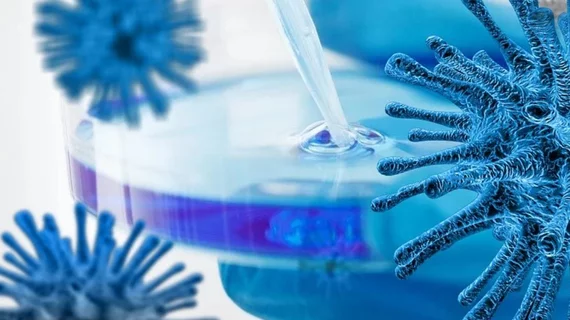WHO’s hydroxychloroquine trial will resume
The World Health Organization announced it will resume a clinical trial evaluating the efficacy of hydroxychloroquine for COVID-19 patients after the organization halted it following studies showing higher risks to patients taking the drug.
Hydroxychloroquine was one of four drugs being evaluated in WHO’s Solidarity trial, which has recruited more than 3,500 patients in 35 countries, according to WHO Director-General Dr. Tedros Adhanom Ghebreyesus. WHO decided to implement a temporary pause of the hydroxychloroquine arm of the trial after a study published in The Lancet raised concerns.
The study found that COVID-19 patients who took hydroxychloroquine had a higher risk of death. Other studies have also shown higher risks of cardiovascular events associated with the drug. Since its publication, The Lancet study received criticism from hundreds of researchers and scientists, who listed 10 concerns and requested more information.
The Lancet issued a correction on May 29 and provided the raw unadjusted data before publishing an “expression of concern” on June 3 about the “important scientific questions” that have been raised about the study. The corrections did not change any of the conclusions about the study.
WHO stated it is “fairly confident” about the safety of the drug being reintegrated into the Solidarity Trial.
President Trump stated in mid-May he had been taking the drug, which is typically used to treat and prevent malaria, for several weeks to prevent COVID-19 infection.

